Find the best alcohol and drug rehabs in Memphis, TN. Browse 52 nearby treatment centers and search for inpatient, outpatient, or detox treatment. Filter by payment options, amenities, specialty programs, and more to find the best treatment for your unique situation.
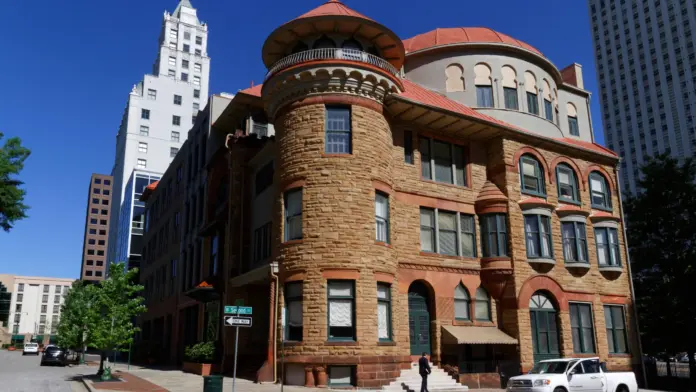
| Name / Address / Rating | Description | Treatments / Programs / Payment Options | Review / Contact | Images | |
|---|---|---|---|---|---|
Sanctuary Mental Health & WellnessAd This is an ad and Sanctuary Mental Health & Wellness is a paid advertiser. Paid advertisers may be listed first in search results. This ad may contain content provided by the advertiser. Rehab.com does not verify ad content or any reviews that are displayed. Learn More 11612 Chapman Highway
Seymour, TN 37865
| At Sanctuary Mental Health and Wellness we offer top-notch, evidence-based individualized treatment plans for men and women experiencing mental health conditions. The staff at our outpatient facility, located in Seymour, Tennessee, are here to help you understand your condition and create a future where you can manage your illness and lead a more f | Treatments Programs Payment Options | View Website (865) 214-1960 | My friend recently completed the PHP/IOP program in Seymour, TN, and I can't say enough good things about the experience. The serene setting provided the perfect backdrop for healing, and the staff was compassionate, knowledgeable, and truly dedicated to my friend's well-being. The program offered personalized care and practical tools that made a real difference in their mental health journey. I’m incredibly grateful for the positive impact this program had on my friend’s life and would highly recommend it to anyone seeking support.
roger leroy
3 months ago
I am incredibly grateful for the amazing staff at the PHP/IOP program in Seymour, TN. My friend received not only professional support but also genuine care and empathy throughout their journey. The team went above and beyond to ensure they felt heard, understood, and equipped to handle their mental health challenges. Thanks to the dedicated staff, my friend has made incredible strides toward healing. I truly can’t thank them enough for their unwavering support and for changing my friend’s life.
Tony Vavakas
3 months ago
Sanctuary has been a life saver. It helped me so much! The whole staff really cares about people. Sarah and her clinical team have been simply amazing. You can tell she cares, is knowledgeable about mental health issues and has compassion for everyone. I am grateful to have met her and gone through the program! Definitely recommend the Sanctuary team! ”
Angel Nuñez
5 months ago
| 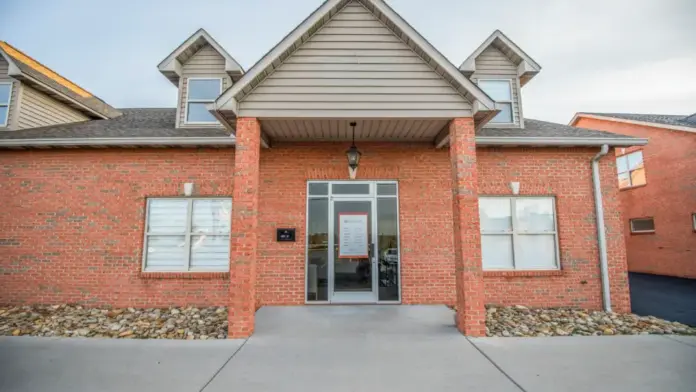
7 7 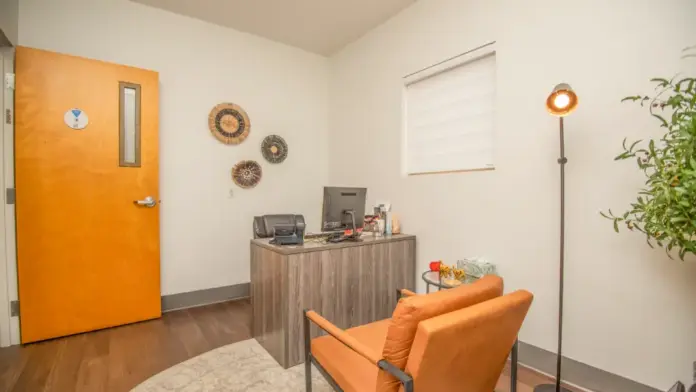
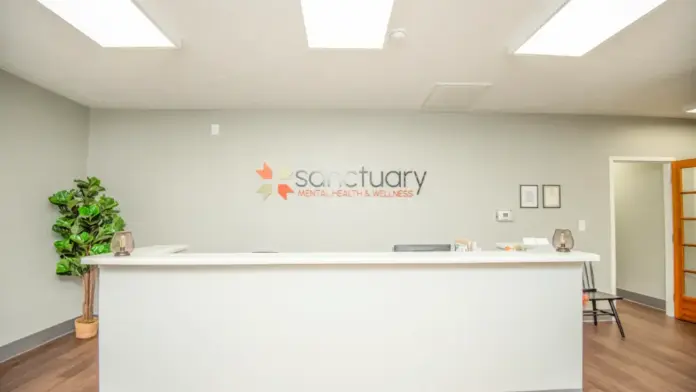
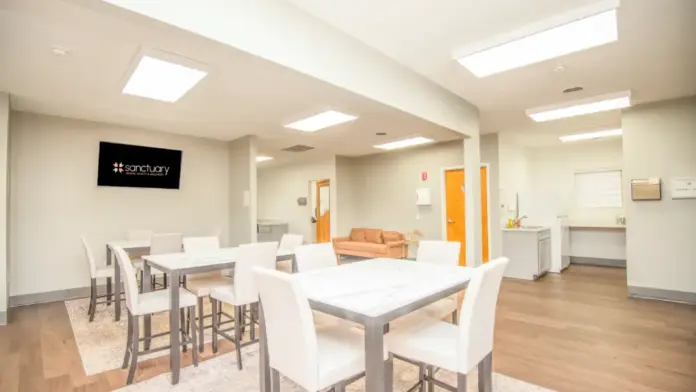
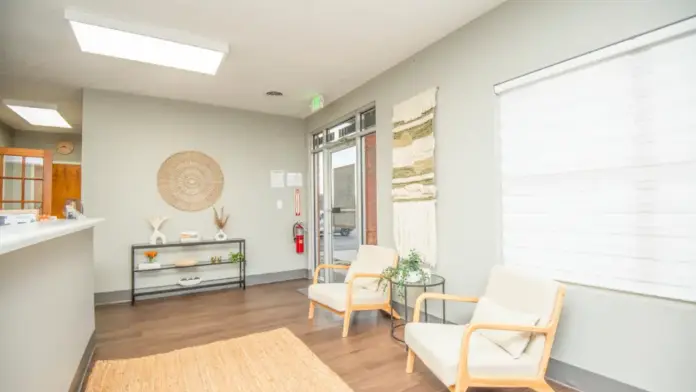
|
329 N Bellevue Blvd
Memphis, TN 38105
| As the birthplace of rock 'n' roll and the home of the blues, Memphis, Tennessee has been long treasured for its impact on American music. It’s also home to the CARF accredited residential program Grace House Memphis Bellevue. Since 1976 they’ve provided substance abuse and co occurring disorder care to thousands of adult women experiencing pov | Treatments Programs Payment Options | While this place is no cakewalk,it shouldn t be. I completed and graduated an entire 6 month program in 2017. Now I am a junior at CTU and I graduate October of 2023 with my Bachelor s of Science in Psychology. Without this place and the people there I would probably be dead or still shooting drugs. Now, I plan to work towards my Master s then Doctoral degrees because I want to give back to the rehab community and help those who thought life was always gonna be screwed up. If you seek help, you will find it!
Jennifer Parks
2 years ago
Beautiful place for people who are facing their addiction can get help
Jacqueline Bell
3 years ago
I made a clothing donation and the drop off was seamless and the woman were gracious and helpful..
Rhonda Brown
3 years ago
| 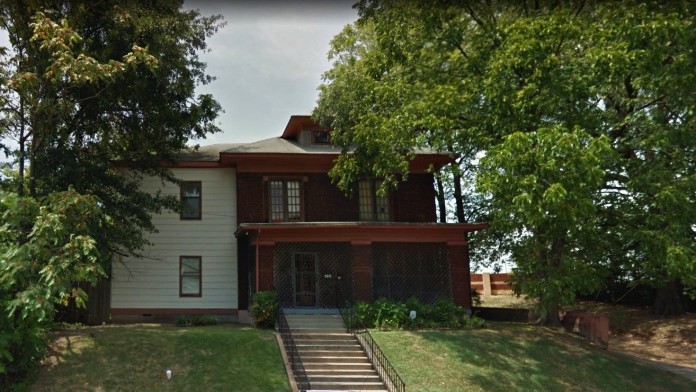
| |
1088 Rogers Road
Memphis TN, 38018
| Known as the birthplace of rock ‘n’ roll, Memphis, Tennessee is also home to The Transformation Center. You can access various levels of holistic outpatient care for eating disorders, mental health conditions, and addiction. They accept some insurance plans, including Cigna, Humana, Aetna, BlueCross BlueShield and United Healthcare. Known as th | Treatments Programs Payment Options | The Transformation Center quite literally saved my life. I could not have asked for better care during my time as a patient there. The staff and care team took very good care of me. I felt like my caregivers truly cared about my well-being and happiness. Over the months of programming there, I established some great relationships with the care team and other patients. They helped guide me from the most difficult and painful time of my life to the most happy and wonderful time of my life. I would not be here today if it had not been for the Transformation Center. I was truly transformed by this place! If you need help like I did, I'd highly recommend this wonderful place!
Dylan Adams
3 months ago
From the moment I walked into the Transformation Center, I felt welcomed and supported. The staff is warm, professional, and truly dedicated to their clients well-being. The program provides a structured yet flexible approach to therapy, allowing for personal growth at a comfortable pace. I ve seen firsthand the positive impact this place has had on so many people, and I can't recommend it enough for anyone looking for compassionate, effective mental health care.
Shannon Schilling
5 months ago
The center was literally undergoing a transformation with therapists leaving and new therapists were arriving around my discharge. The facility was also being upgraded and has an aesthetically modern, fresh appeal. Angel at the front desk was very kind and helpful. My therapist is no longer with TTC, so I won't rate therapists. My score of 4 out of 5 is because I never received primary therapy during 4 - 5 weeks there. I only had group sessions, which are helpful; but I was expecting individual therapy as well. Dr. Raj was most helpful and readily available for questions or concerns.
Meredith Perry
8 months ago
| 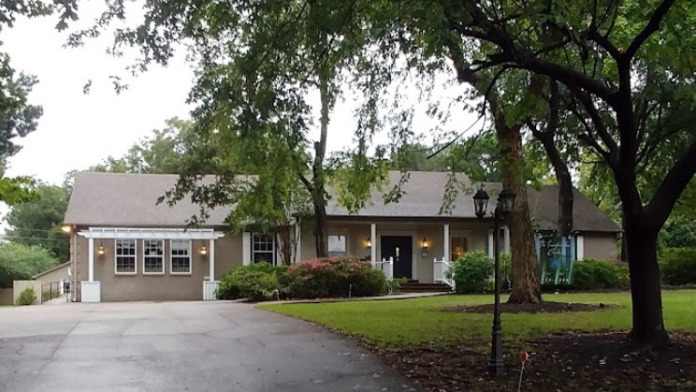
4 
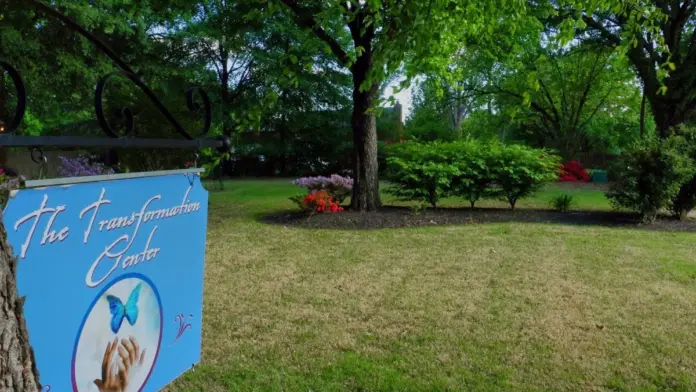

| |
1689 Nonconnah Boulevard
Memphis, TN 38132
| Nonconnah Boulevard VA Clinic is an outpatient clinic that provides primary medical care to veterans in Memphis, Tennessee. They’re located along Nonconnah Boulevard a few miles west of T.O. Fuller State Park and east of Slave Haven Underground Railroad Museum. They proudly support veterans in the broader Shelby County including nearby cities su | Treatments Programs Payment Options | The facility is nice and clean. My doctor is very kind, professional, knowledgeable and the best!!!!!
Ellen Bratcher
3 months ago
Much better service, staff & quality at this location. I feel confident & comfortable coming here.
Muhammed Masoud
3 months ago
Great experience. Alex really helped get to the problem of my bad vision. I can see again thank you
Brandon Whitlow
3 months ago
| 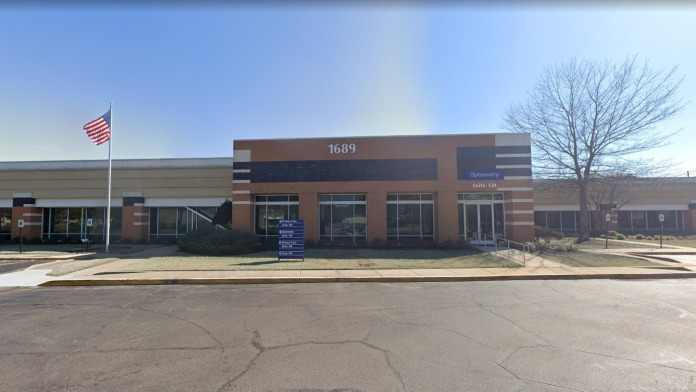
| |
920 Estate Dr
#8
Memphis, TN 38119
| Spero Health – Memphis is a drug and alcohol rehab located in Memphis, Tennessee. They provide addiction and dual diagnosis treatment on an outpatient basis. Spero Health – Memphis is a drug and alcohol rehab located in Memphis, Tennessee. They provide addiction and dual diagnosis treatment on an outpatient basis. Addiction-related services off | Treatments Programs Payment Options | Dr.Nesbit has been wonderful. She actually listens and cares for her patients.
Stacey Mallard
3 years ago
Best suboxone clinic in Memphis! No judgement, very supportive, and every staff member is so kind and welcoming. Dr. Inman is very understanding and knowledgeable! Highly recommend Spero for anyone who is trying to get clean or needs a new sub doc! Love this place!
Kara Canady
3 years ago
Spero Health has been helping me out tremendously. The Doctor Warhaftig is an awesome doctor. The counselor Xtasy Grinn is super awesome as well. I love group therapy and getting to talk about my addiction and how far I've come. Don't get me wrong I still struggle. But I still have a long way to go. I've been going to spero health since the end of March and early April. And this now May. I'm happy that I've chose to do my recovery treatment plan with spero health I'd highly recommend them and wouldn't have it any other way.
Carrie Litton
3 years ago
| 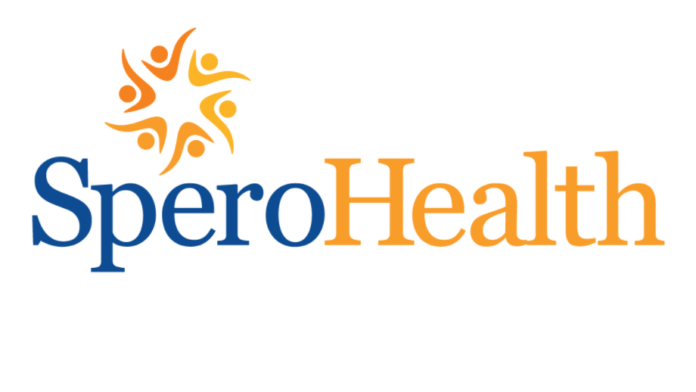
| |
696 Jackson Avenue
Memphis, TN 38105
| The Salvation Army - Purdue Center of Hope is a community resource in Memphis, Tennessee. This community center offers outpatient programs to men, women and children who have been affected by homelessness, drug addiction or mental health struggles. The Salvation Army – Purdue Center of Hope is a community resource in Memphis, Tennessee. This | Treatments Programs Payment Options | The staff was friendly.
Regina Nelson
5 months ago
Thank you guys so much for the service you provide..
Honey Honey Dew Shaw
1 year ago
Did the teleton
Beverly Goliday
1 year ago
| 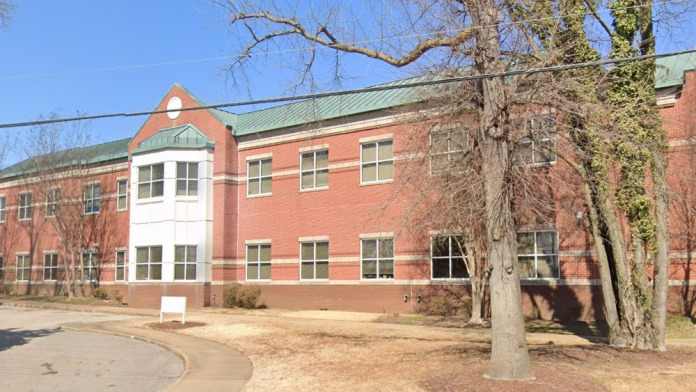
| |
4918 William Arnold Road
Memphis, TN 38117
| PAX Memphis is a drug and alcohol rehab located in Memphis, Tennessee. They provide intensive outpatient treatment and medication-assisted therapy. PAX Memphis is a drug and alcohol rehab located in Memphis, Tennessee. They provide intensive outpatient treatment and medication-assisted therapy. Addiction-related services available at this facility | Treatments Programs Payment Options | I went to Pax Memphis in 2019. The facility was very nice, but the staff was the nicest part. I couldn t say enough. Amanda walker is what really made this place great. Without her I wouldn t have been as successful as I have been. Thank you pax but more importantly. Thank you Amanda
Bryce Schechinger
4 years ago
The techs here are amazing and the staff goes above and beyond to make sure that you have everything that you need. The houses are super comfortable and are a recovering addicts dream. This place most definitely helps recovering addicts and alcoholics get the level of care, support, and supervision that they need. This place has helped to slowly integrate me into society and helps to teach you how to live again without drugs and alcohol to function.
Ashton Buscha
5 years ago
Pax recovery .i myself have been here going on me a month now .And it's a good program .I would recommend it to others .We do attend groups daily and do go to out side meeting .They are very careing and strong with our recovery .Our choices and wants actaully matter here to them and they will go out there way to make it happen for us.They do provide food card to us .N they will help you get food stamps .The houseing is amazing and the people here are cool .I haven't had any issuse while being here.The techs here have been in our shoes and wants nothing but the best from us .Thos is a great program and o came from Florida to be here .I haven't used or had any THOUGTHS of using .I would recommend this program .And there willing to help you once your ready to leave .They go above and beyond for us .All are very respectful .Go here if you need help .But like every good days you may have bad days and there are many to talk to here weather it's a tech or us ours selfs.
sal white
5 years ago
| 
6 6 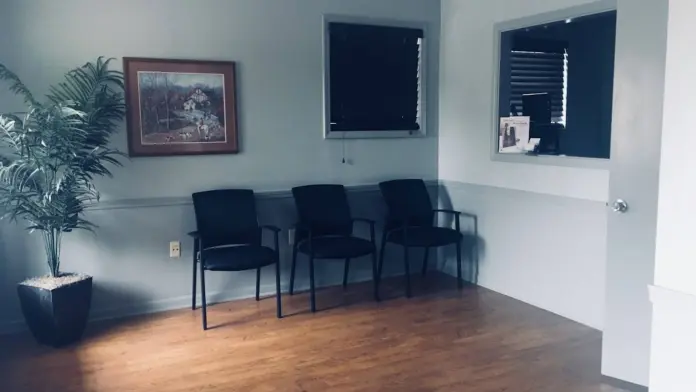
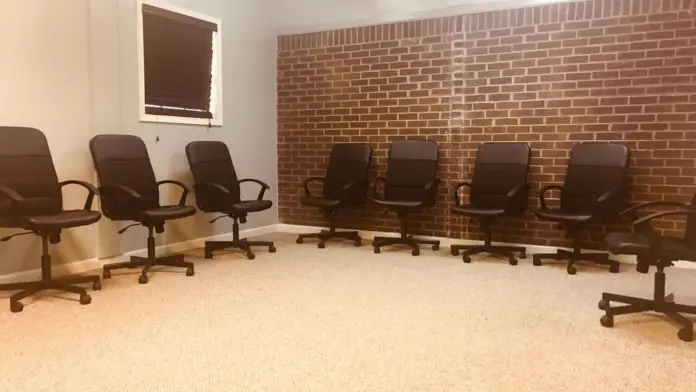

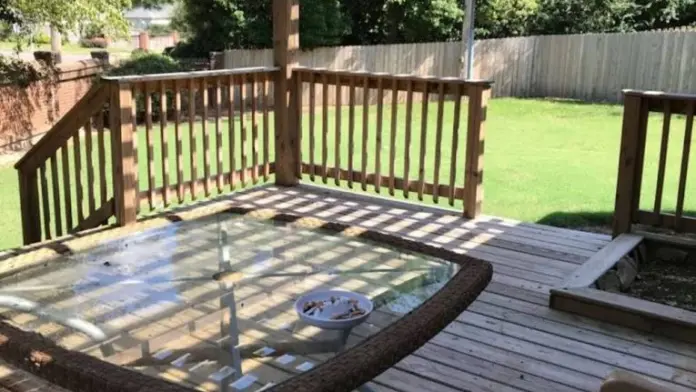
| |
2165 Spicer Cove
Suite 5
Memphis, TN 38134
| BHG Memphis North Treatment Center, located in Memphis, Tennessee is a private alcohol and drug rehab that offers treatment for a variety of substance abuse addictions including alcoholism and opiate addiction. They offer supervised medical treatment to safely manage withdrawal symptoms during detoxification, as well as flexible outpatient addictio | Treatments Programs Payment Options | My favorite clinic
Abby Abster Davis
2 years ago
Very new at this but so far so good just wish I'd done this a long time ago the people are so nice and have treated so good if someone says it don't work they don't want it to If you want a hard reset this is it think God they now take tenn care.
John Phillips
4 years ago
Very nice staff.
John Wilson
5 years ago
| 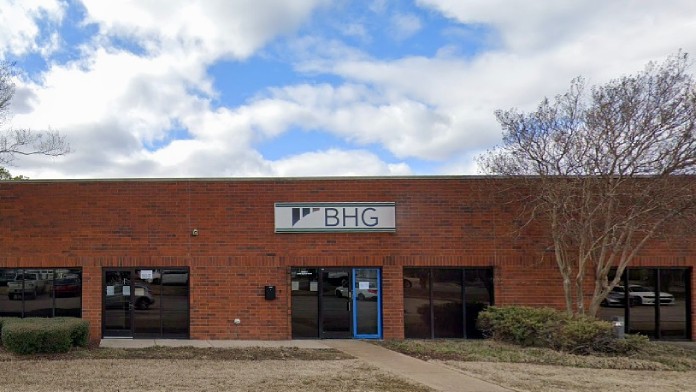
| |
1094 Poplar Avenue
Memphis TN, 38105
| The residential treatment center of Serenity Recovery Centers is located in Memphis, Tennessee. It consists of four three-story buildings situated on three acres. Two buildings house men and the other two buildings house women. The residential treatment center of Serenity Recovery Centers is located in Memphis, Tennessee. It consists of four three- | Treatments Programs Payment Options | Please check out this place, even if you're homeless. The staff are fabulous.
Forrest Gardens
3 months ago
I went here several years ago and this place changed my life and probably saved my life. Been clean ever since. I had to write a review after reading all the bad reviews. Which most I think are just people who didn't get their way, or people who don't like following rules. When I first went here, I was court ordered and didn't want to be there. But as soon as I arrived I felt a sense of peace, and I felt welcome. I learned a lot here, about myself, and learned how to deal with life on life's terms. The counselor I had years ago, Miss Brenda, is still there and she was amazing. And, the food there was amazing too! I was under weight when I got there, and gained almost 40 pounds in a month and a half!! Like any rehab facility, it's only going to work if you really want it to work. You have to be open to change, and let the people here teach you. There are rules, and the first 7 days is a blackout. So no phone calls for that first week. I ended up staying here for 6 weeks and I am forever grateful to Serenity. I hope I would never need their services again, but if I did, I would go back there in a heartbeat! And I would highly recommend Serenity to anyone who needs treatment. Remember, it works if you want it to. And if you are really ready to change your way of life. Go in with an open mind, and a willingness to change and learn. Like I said, I am FOREVER grateful to Serenity!!
Miya Mcvicker
5 months ago
What kind of phone card do I need to buy my mom who is getting treatment there?
Lindsey Campbell
2 years ago
| 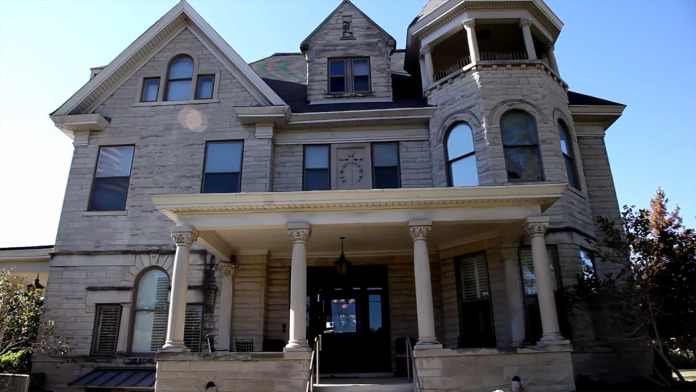
5 5 


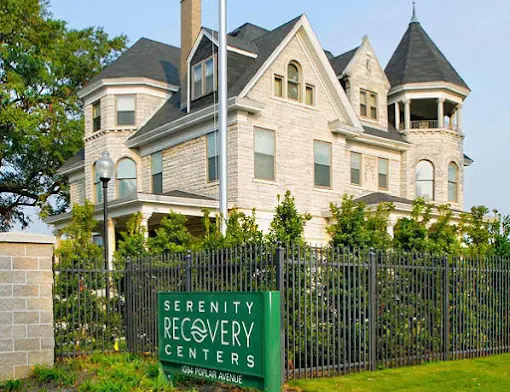
| |
3461 Austin Peay Highway
Memphis, TN 38128
| Covington (North) VA Clinic, part of the Memphis VA Medical Center, is located in Memphis, TN. Memphis VAMC – Covington (North) VA Clinic specializes in the treatment of Primary Care and Mental Health Care. Memphis VAMC – Covington (North) VA Clinic exists to honor America’s veterans in all that we do by providing timely, quality care | Treatments Programs Payment Options | Bad parking location. But, great staff and patient accommodations.
Dale Polk
3 months ago
Prompt, efficient, and friendly staff. Dr. Farooq is an excellent primary care physician. The staff is efficient and provide quality care.
Karl Hamilton
3 months ago
I went in for labs. Staff was super friendly and very efficient. The area around is sketchy but if you can get past that, it is a convenient location if downtown is too far.
Chanel Henderson
1 year ago
| 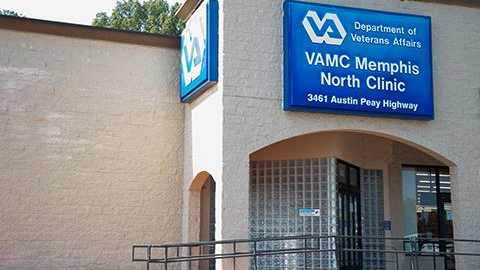
| |
1979 Alcy Road
Memphis TN, 38114
| Harbor House – Alcohol and Drug Center offers inpatient treatment for men with substance abuse disorders. The program includes individual counseling, group therapy, 12-step methods and more. Harbor House – Alcohol and Drug Center is located in Memphis, Tennessee. Harbor House – Alcohol and Drug Center is compromised to give qualit | Treatments Programs Payment Options | Mr. Marvell great messenger.
Alex Brown (GoldenChildMovers, LLC)
9 months ago
Great
Dave Skools
11 months ago
I was at Harbor House in 1988 and have had a great life with a beautiful family and career success over the last several years. This place was there for me when I needed it and not only saved my life, but gave me good tools for the rest of my life. I learned to listen to others.
Jimmy England
1 year ago
| 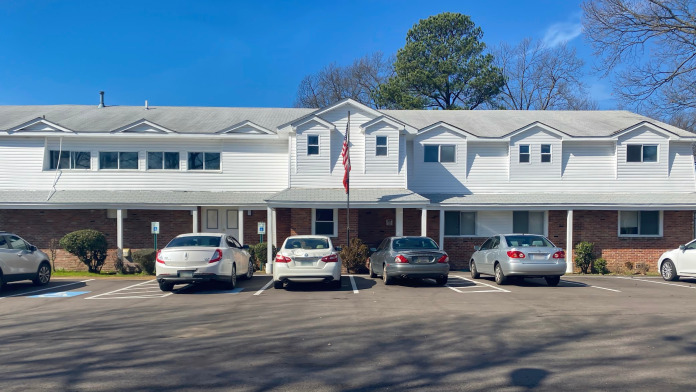
| |
Top Tennessee Cities | |||||
642 Semmes Street
Memphis TN, 38111
| Warriors Center of Memphis, Tennessee, is a faith based charitable alcohol rehab program. They operate a broad range of services for adults built on a residential program. Warriors Centers is dedicated to serving men, women, and veterans affected by homelessness or substance abuse. Warriors Center of Memphis, Tennessee, is a faith based charitable | Treatments Programs Payment Options | The Warriors CENTER would have to be the best Recovery CENTER I've ever been to. It got me closer to God, IT taught me working skills, and It got me into the Word of God again and Apply it into my life. Most of all it taught me Leadership roles. The way I see it you tried everything else give God a chance to Change Your life. He's Worth It. Thank God for the Warriors CENTER..
James Hern
1 year ago
The Warriors Center helped me change my life and understand I could change by receiving help. It gave me peace and a purpose.
Boris Fitzgerald
1 year ago
Great environment ran by people who genuinely understand addiction! I would highly recommend to anyone struggling. You will be amazed when putting in the work that it takes. You can get your life back!
Chris Garrett
1 year ago
| 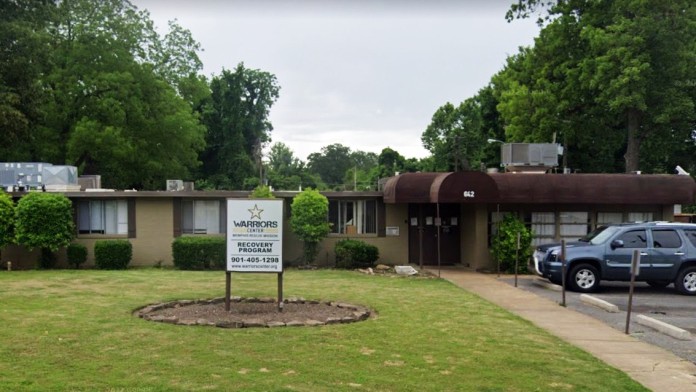
2 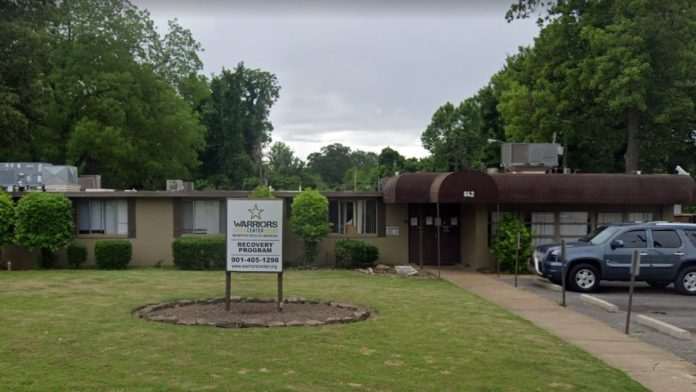
| |
9485 Crestwyn Hills Dr
Memphis, TN 38125
| Memphis, Tennessee, is known for blues and Elvis, but it’s also the home of Crestwyn Behavioral Health Hospital. The hospital offers inpatient and outpatient mental health and addiction treatment for adults. Treatment includes dual diagnosis, where someone has both a mental health disorder and substance use issues. There’s also a specific progr | Treatments Programs Payment Options | Crestwyn is A great facility! I am a Peer Recovery Specialist here at UT Addiction Medicine. When I need to refer one of our patients to a facility for detox, Treatment Crestwyn is top notch with their patient centered care! I can always count on Cassandra Clemons and Pretoria Griffin to immediately take the call, expedite the process and get them into detox in a timely manner. They make sure they follow up to refer them back to UT Addiction Medicine to continue their outpatient care. We love and appreciate our cooperative relationship with Crestwyn!
marcus mcdonald
9 months ago
As a Treatment Placement Specialist it really matters where I send clients- and patients -- that is the heart of my mission.
I am so grateful that I can trust when I send someone to
Crestwyn BH. I can trust the team
I have had to refer many clients there in the past, but my past experience with the team -- From Intake to the Clinical Leadership and the team.. I can tell you they really do care.
Several Reasons Why Crestwyn is Special
1. Shorter Wait Times for those being assessed
2. Access & Availability to the team of professionals for patients referred
3.it is the newest Behavioral Health Hospital in the area
Special Thanks to the Leadership
and Pretoria Griffin DBD , Amber Parker Clinical Director and Lindsey Blevins CEO
Chad Hampton
9 months ago
I just love it so they can help people like me good stuff they believe the food is good the bed 🛌 was good it is a good place to go to get help I just love crestwyn the staff good to me it was fun going to the gym and learning
Tamara Bradford
9 months ago
| 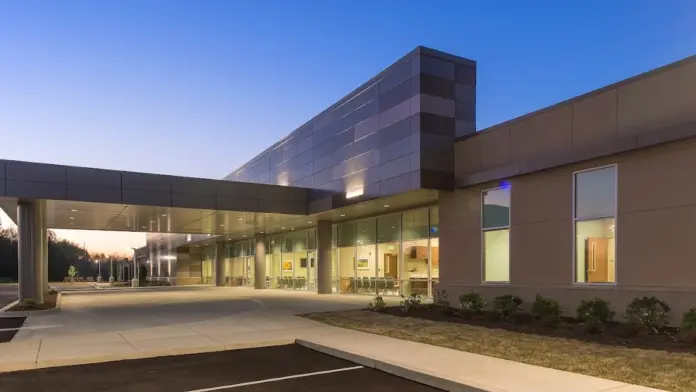
5 5 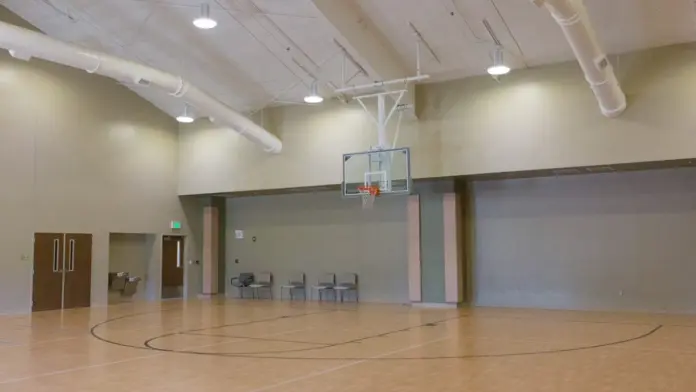
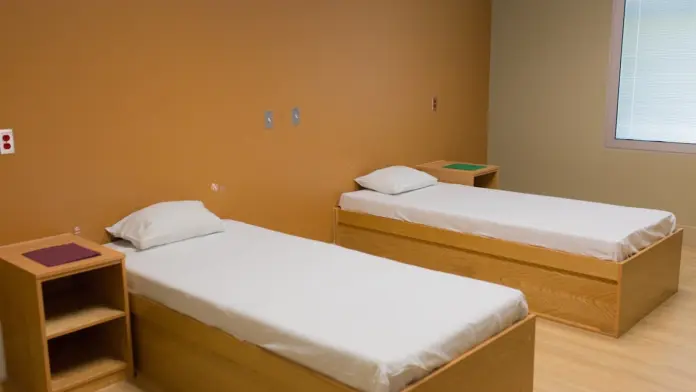
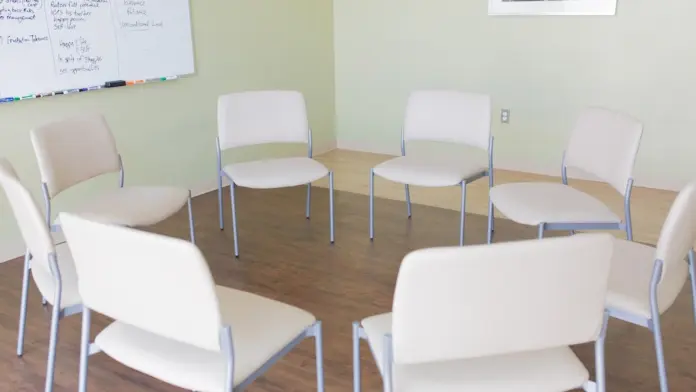
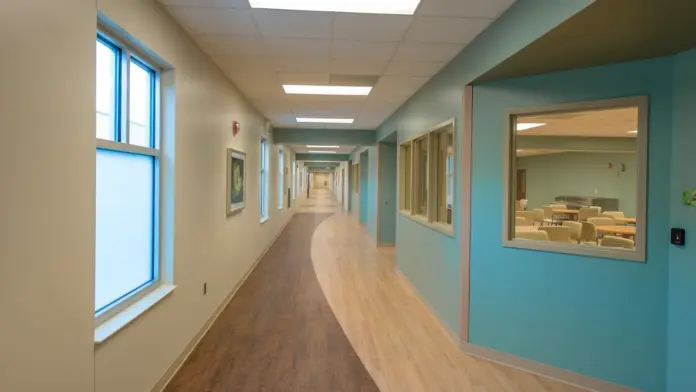
| |
8130 Country Village Drive
Suite 103
Memphis, TN 38016
| The Summits at HealthQuest located at Cordova, Tennessee, provides outpatient programs for patients over age 13 who don’t meet the criteria for other behavioral treatments. Here you’ll be treated in a comfortable and relaxed clinic where you’ll get intensive, structured short-term treatment. The goal of The Summits is to get you stabilized an | Treatments Programs Payment Options | Tynesha always does a stellar job!!!
Brittney Mitchell
3 months ago
I love them so much I love Dr.Derrick meadows and Ms.Tasha they are truly a blessing to me they are the best him and his team I can say I will forever be there patient
Tori Jeffries
3 months ago
Hey the Staff are awesome especially Ms Tasha the entire staff was helpful and very patient with me and my client..please keep up the good work..be blessed!
shaka picasso
3 months ago
| 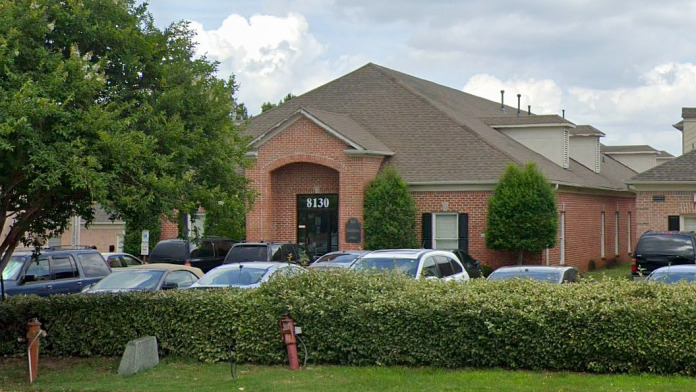
| |
3810 Winchester Road
Memphis, TN 38118
| Alliance Healthcare Services is a CARF accredited non profit organization located in Memphis, Tennessee. They offer services to youth and adults between the ages 15 to 30 years of age who are struggling with mental health and substance abuse disorders. The levels of care they offer here are medical detox and traditional outpatient treatment. They p | Treatments Programs Payment Options | The therapist are wonderful
Shunar Taylor Baby Killion
1 year ago
For my 12 year old.she drifts off.she jumps out of her sleep.terrified that her dad is going to do something to her.he has destroyed her mental and physically.every since she was 7.she so gone .i have to call her name more than 5 times to get het attention. And she anti social.dont like crowds i think she has anxiety and moderate depression .she feels like she not beautiful and people calls her ugly. I think this trauma her father caused messed her up.he pulled a gun on her,let her other siblings brothers touch and feel on her.and made her sleep in a cold basement for days at a time wouldnt feed her.when i got her back she was mt.nourished.she didn't look the same .i couldn't recognize who she was.he brung back her back dirty and hungry .she needs help.she shuts me out.when i asks her what's wrong with her. I try to make her feel safe,letting her know that she is safe and harm will never come to her and that she dont have to be afraid of anything or her father .i worry about her every day and i comfort her when shes down.she under me most of the time.and sometimes we just sit around,and she'll just start talking about what her other siblings and farther have done to her out of nowhere. When she vents to me.about it i get furiated and mad.but i dont let her see that.ithink i felled her as a mom.i wasnt there to save her from this abuse.but she dont hold that against me. She new i was going through alot at that time .she understood.i just want her to be more open with me.and her other 2 sisters,who's 13 and11.i wanthem close like they where when they was little.my other 2 daughter's are going through something too.they both lost their farthers. I dont have clue how they feel.ive asked them,how are they feeling.they say they alright.but their strongs little girls.and they dont let show .but i know.im their mom.thats all my girls know .ALL WE HAVE IS EACH OTHER..THATS ALL WE NEED TO KNOW. "TO TELL U THE TRUTH, THEY KNOW MORE ABOUT ME, THAN ME."I COULDN'T HAVE ASKED FOR ANYTHING ELSE IN THIS WORLD.I LOVE ALL 4 OF MY CHILDREN.MY 1ST BORN "PRINCE" SON JARVIS.HE WAS BORN04/03/2007.AND DEPARTED FROM US IN10/16/2010.HE IS TRULY LOVED AND MISSED. AND I HAVE 3 GOD BLESSED ME WITH AFTER HIM."MY 3 PRINCESSES ARE:MIYANA MY 2ND BORN,01/23/2010.MY 3RD BORN JARVIA 03/11/2011.AND LASTLY MY BABYGIRL,ARIYAH 06/20/2012.They never knew of him.but he knew his sister miyana.she was only 6months when he passed. I tell them about him every chance i get.but get a little moochy eyed cause they always wanted to know him,they knew he was their big brother. They misses him more than me.Its been hard for all of us.i want my girls to know that i love them.and i will always be there."ALWAYS AND 4 EVER.
Leandrea Patterson
1 year ago
I love my Therapist and Case Manager. They are always patient and caring. They provide me with resources to meet my needs.
alycia lewis
3 years ago
| 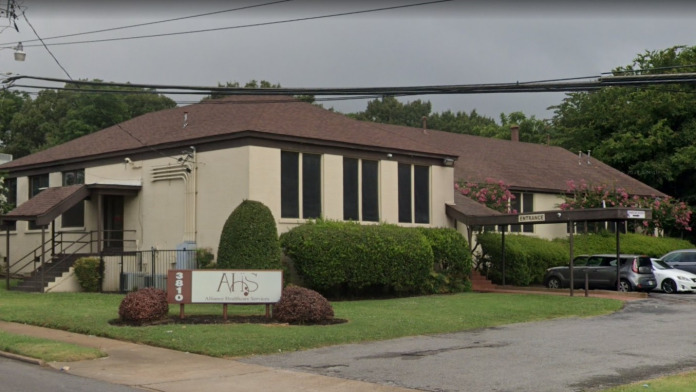
| |
3628 Summer Avenue
Memphis, TN 38122
| Alliance Healthcare Services – Summer Avenue is the largest comprehensive behavioral health provider in Shelby County. They offer outpatient, intensive outpatient, home-based, and community based programs. including a continuum of crisis services. Alliance Healthcare Services – Summer Avenue is located in Memphis, Tennessee. They offer | Treatments Programs Payment Options | Rachel is the best!!!! Only thing I hate about AHS is you have to go through readmission after either spiraling or postpartum.....where you'll be needing your meds IMMEDIATELY.
Moni Carda
11 months ago
I really enjoyed my therapist, Michel Allen. She is a really compassionate and sweet woman. She has impeccable patience, is really understanding, and cares deeply about her job and clients. I never felt rushed, or dismissed by her. She listens thoroughly and provides great feedback. I really felt seen, heard, and welcomed by her services. She is a phenomenal therapist and I would recommend her to anyone asking. The staff overall were friendly and made me feel welcomed.
Myllaa_
2 years ago
Alliance's DRUG/ALCOHOL treatment team members are truly some of the most genuine and real people you'll ever meet. Many of these A&D professionals are in RECOVERY themselves. If you or someone you know is uninsured, or on Medicaid and is wanting help for a drug/alcohol issue or for mental health care or for both Alliance is the best route to take !!
Alison Smith
2 years ago
| 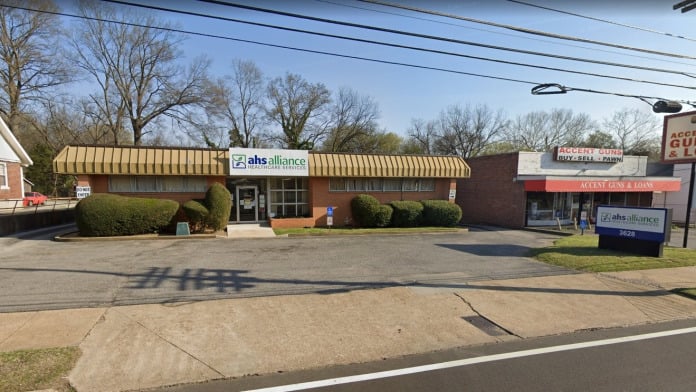
| |
2911 Brunswick Road
Memphis, TN 38133
| Lakeside Behavioral Health System - The Oaks of Lakeside is a private outpatient rehab in Memphis, Tennessee. They offer specialized programs for working adults who are battling addiction and mental health conditions. You'll benefit from care that meets you where you are in recovery. Along with addiction their programs treat a variety of challenges | Treatments Programs Payment Options | It was pretty good treatment.
Aaron Johnson
3 months ago
The staff was lined up, courteous, plus super helpful. The visit was great, journeyful, and conclusive. Thank you so very much for everything you have done for us our beloved family members.
James Bowie
3 months ago
Now I been on medicine and it still ain't working for my family
Deandre Palmer
3 months ago
| 
| |
1083 West Rex Road
Memphis, TN 38119
| Foundations Memphis is a group-oriented outpatient program that provides day and evening program and holistic interventions. Foundations Memphis is located in Memphis, Tennessee. Foundations Memphis focuses on patient-centered care, emphasizing the personal goals and long-term success of the individual. Their treatment approach incorporates the 12- | Treatments Programs Payment Options | Foundations Memphis staff is caring and compassionate. The facility is warm and inviting.
Jennifer Weaver
6 years ago
| 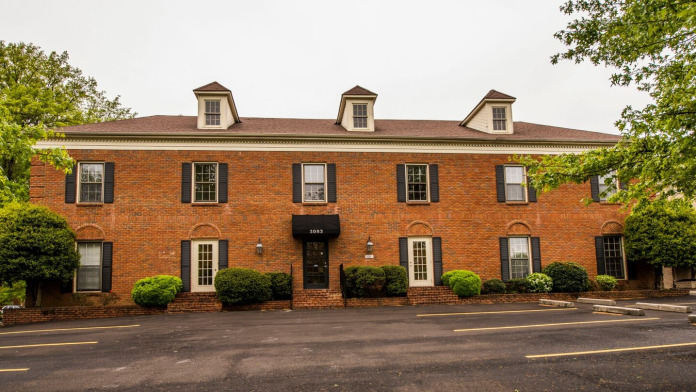
| |
3000 Getwell Road
Memphis, TN 38118
| Delta Specialty Hospital is a drug and alcohol rehab located in Memphis, Tennessee. They provide multi-level care for individualized addiction treatment. Delta Specialty Hospital is a drug and alcohol rehab located in Memphis, Tennessee. They provide multi-level care for individualized addiction treatment. Addiction-related services provided at thi | Treatments Programs Payment Options | I attended and Mrs Rosalind from business development incouraged me to attend nurse Cameron was very rude and only there for the money not to help if it wasn't for techs Morgan Marie Anne quassandra and Mrs Ann I wouldn't have been there for long you guys were great help
Jeramy Parker
1 month ago
This is a very good detox facility to go to I was called one day by phone from Mrs Rosalind from business development that inspired me to come in one day from use of hard narcotics that I no longer wanted to pursue but would go threw hard withdrawals without treatment I attended delta the very same day she called and went through treatment the technicians maryann Morgan Mrs Ann Mrs laquisha Mrs quassandra Mrs key Mrs Kayla nurse Cameron gave me a run made me want to leave but they helped me out and treated me like a human being I was in need of treatment as well as the nurses Mrs Ashton or Ashley and Briana Mr lavel and don't forget Mr cool guy Greg and tech James 😄😄😉😉😉😉😉😉😉😉😉😉😉😉 👍👍👍👍👍👍 they look after you like family and you want be home sick and miss your family 2000% guaranteed 5000%thumps up to this facility from Jeramy parker
JANICQUA Nesbit
1 month ago
Delta is a hospital that specializes in mental health treatment for adults experiencing a variety of behavioral health needs including detox, dual diagnosis, dementia, psychosis, and patients that are a danger to themselves and others. It appears that some reviews have followed the facility since changing direction from when Delta was primarily a medical/ ER hospital. The staff do provide compassionate treatment to the patients in their care. They have staff with years of experience in behavioral health. Delta treats some of the hardest to treat patients in the greater Memphis community. Their providers are established, reputable medical professionals in the behavioral health field. Treatment, care and discharge planning are individualized to the patient. During times of crisis, Delta may serve as that beacon of hope. I would recommend giving Delta and their team consideration when determining the best care for you or a loved one.
Sandy Newcombe
5 months ago
| 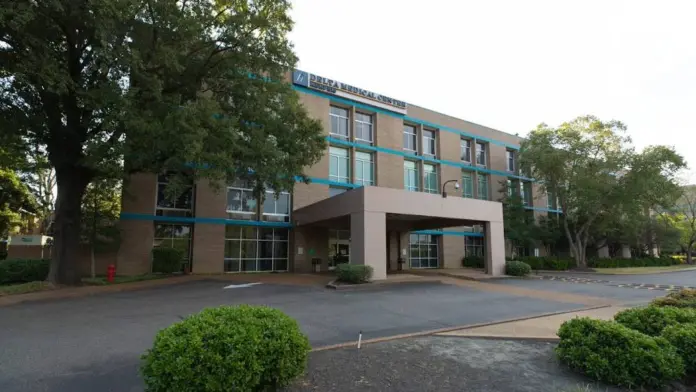
5 5 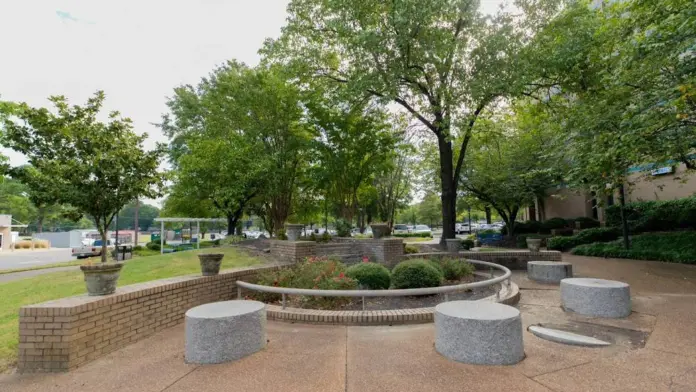
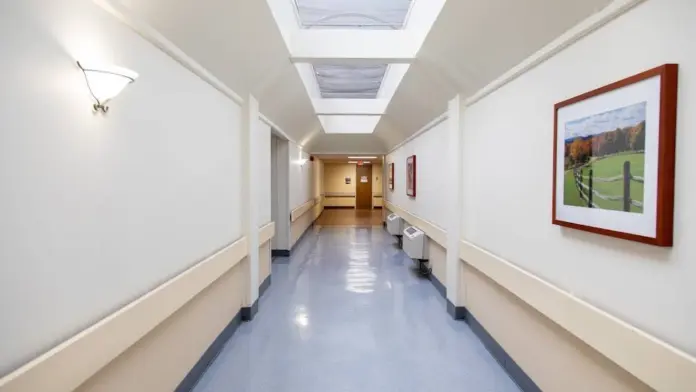
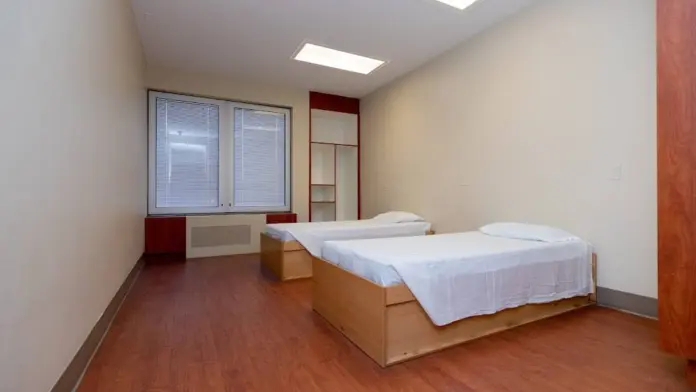
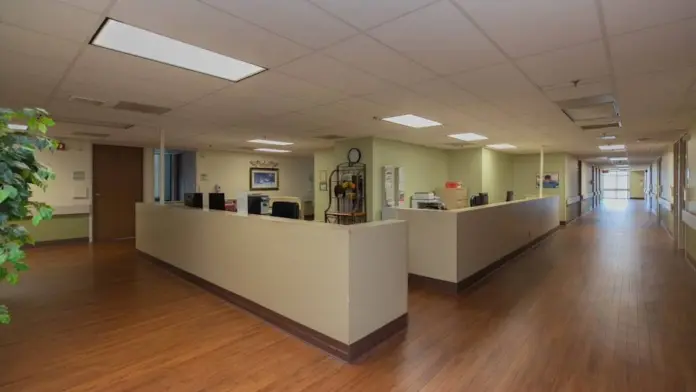
| |
2579 Douglass Avenue
Memphis, TN 38114
| Situated in Memphis, Tennessee, Alliance Healthcare Services – Douglass Avenue is a drug and alcohol treatment center for adults with substance use disorders. They also provide valuable community resources, including referrals, psychiatric care, crisis response, and family support services. Situated in Memphis, Tennessee, Alliance Healthcare Serv | Treatments Programs Payment Options | This agency offer variety of service's for the community. They also does an excellent job. The staff is very friendly and professional. The place is very clean including the restrooms and outside. They also has a pharmacy onsite, they are very knowledgeable, friendly, professional. I highly recommend Alliance Healthcare Services to anyone that need their services.
Deno Tillman
6 months ago
Went by to see Shanetta to pick up my medications and she is always so nice and has everything ready and today I wasn't feeling good and It's been a long time since I've seen her and it was so good to see her and I also got to see Aileen Crestman who has been a God Send because she saved my life and was a lighthouse in a sea of darkness and she shines so bright and has been such an inspiration and she has always been very supportive and the fact that I lost my Father and my situation and she has truly saved me because without the Sun nothing will ever heal or get better and people need to feel respected and heard and positive attitude and with God all things are possible and people can make a Difference and Aileen and Shanetta have and do and I'm grateful and thankful and blessed and God bless!
Kelly Jo Hawkins Cowell
1 year ago
I love Ms Suzanne she s an amazing person.
Tamika Wright
1 year ago
| ||
2649 Kirby Whitten Rd
Memphis, TN 38133
| The Salvation Army Adult Rehabilitation Center or ARC is located in Memphis, Tennessee. It’s a residential work therapy program for men battling substance abuse. They look to provide spiritual, social and emotional help for people who are having problems supporting themselves and unable to cope with everyday life. At ARC you have a structured e | Treatments Programs Payment Options | They have the cheapest prices for quality clothes and that really great furniture. How every Wednesday is like customer appreciation day. I just love shopping there. I get a lot of good deals
Paula Jones
1 year ago
Doing the most good!
Zach Combs
1 year ago
I graduated this program and it completely changed my life... I recommend this place
Reko Roochie
4 years ago
| 
| |
2150 Whitney Avenue
Memphis, TN 38127
| In Memphis Tennessee, Alliance Healthcare Services provides all inclusive outpatient addiction treatment services. With enhanced outpatient treatment and medication assisted therapy (MAT), their knowledgeable staff is committed to guiding you along your road to recovery. They provide a variety of outpatient services such as counseling, psychiatry | Treatments Programs Payment Options | Miss Sharon Paylor is so sweet and she's a gift from God it was a blessing to meet her and she is a very helpful person and if there is anything you need to know or ask questions about she is right on it professional at what she do
Latoya Walker
2 years ago
Sharon at the AHS on whitney is an amazing case manager and Dr Brown listens to my concerns
Stephanie Meiners
2 years ago
Highly recommend Nurse Practitioner Chandra Price for treatment definitely saved my life with the DNA test that showed which medications are for my brain and body chemistry which would have saved me from gaining over 100 pounds on other medications for 4 to 5 years!
BOBBIE HUDSON
2 years ago
| 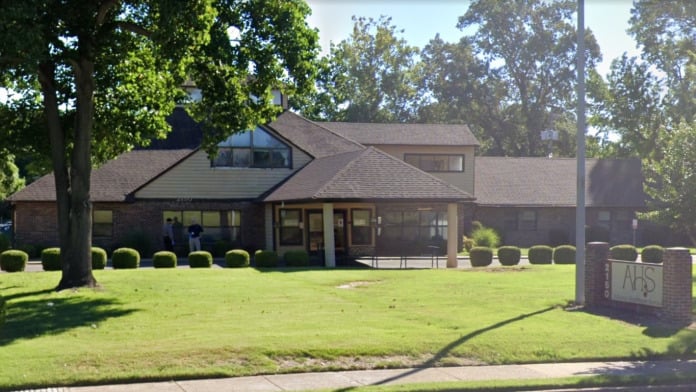
| |
1688 N Shelby Oaks Dr
Memphis, TN 38134
| Shelby Oaks Recovery Clinic, located in Memphis, Tennessee, is an addiction treatment center that treats individuals suffering from opioid addiction. They offer medication assisted treatment (MAT) in an outpatient setting and those recently discharged from a drug rehab center may find the next step of treatment at this facility. Shelby Oaks Recover | Programs Payment Options | Ms. Kissy and Dr.Chin are hands down the best in Memphis when it comes to the recovery process! They are so respectful and frankly they understand everyday life for a person in recovery. I would highly recommend them to anybody that needs help and can t take time for a residential program. I love them both they have treated me so well in my recovery journey!!!! Ms. Kissy is always so sweet and professional! I ve been to a few different clinics and this is the only one I have never had any issues out of!! A special thank you to Ms. kissy and Dr. Chin!!
Robin Dion Jarrell
3 months ago
The receptionist is always very sweet and make you feel welcome and the Dr is really good,non judgemental (which is a huge thing to me considering my past with some other doctors) The prices are also the best around!
Katelianna
2 years ago
Fast and great ..and really care not only bout you but your family in general and how they can help LOVE THEM. They treat you as a human ..
Veronica Melendez
2 years ago
| 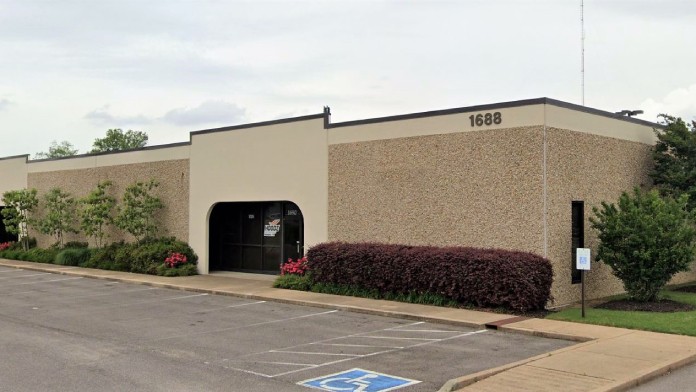
| |
5959 Park Avenue
Memphis, TN 38119
| Saint Francis Hospital – Behavioral Health Services in Memphis Tennessee offers inpatient treatment for psychiatric, mental health, and behavioral health issues, including issues related to substance abuse. Their behavioral health treatment is available to adults and seniors. Short-term behavioral health services include 24-hour monitoring by nur | Treatments Programs Payment Options | I had the best nurse for labor and delivery she was very supportive, sweet, understanding Farial Amin Thank You so much for all your help, patience and support, the Doctor who was on call for my doctor was great as well I believe I had a great team with me on this very important day for my little family Thank y'all again so much
jennifer gomez
3 months ago
Very friendly and attentive staff
Jholianis Osorio
3 months ago
Racheal Stuart ( ICU) Racheal Stuart ( ICU) Racheal Stuart ( ICU) Racheal Stuart ( ICU) Racheal Stuart ( ICU) Racheal Stuart ( ICU) Racheal Stuart ( ICU)Racheal Stuart ( ICU)Racheal Stuart ( ICU)Racheal Stuart ( ICU) I'm giving her 10 stars out of 5 stars. My sister was very sick and she went from Emergency room to ICU within seconds. I was afraid very afraid of the unknown i went to the 3rd floors and seeing my sister being taken had my hear racing, i get there and with a smile the ICU nurse greets me it was warm and full of sympathy and empathy and she said it will be okay and we are going to take really good care of your sister. That made me feel better but what really made me feel like i was going to be okay and be taken care as family is her way of assisting and taking care of my sister. She truly knew how i was feeling and kept asking me if there was anything she could do for me and if i needed anything inside my broken heart to see my sister in pain and not knowing what was going to happen to her. I sat in the room, it was dark cold and all i could hear was my sister moaning in pain and as i started crying behind the scenes she treated me like FAMILY and i knew there that there was no better ICU Nurse at that time that i could feel the empathy and love from someone who knew me for less than 10 minutes but took me like family and really cared for me and my sister. She was AWESOME, NICE, EMPATHY, SYMPATHY, CARING, WONDERFUL, and overall made my sister care her #1 Priority i can't thank her enough.Thank you Racheal Stuart, for everything and for making it an awesome experience even though it was the toughest days in my life you were a ray of sunlight and made it better.Your a true example of what a nurse should always be,I will be filling out a Daisy Award form to let them know how EXCEPTIONAL Nurse you are.#1INMYBOOK#nursescare#stfrancisparkUROCK#DaisywinnerinmybookTHANK YOU THANK YOU !!
Alejo Miran Salvatore Aslanbey
3 months ago
| 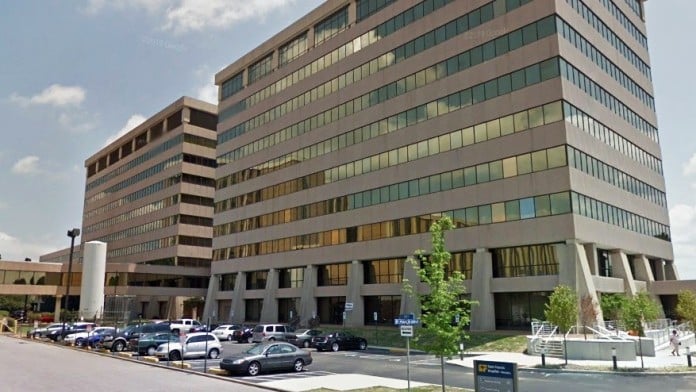
4 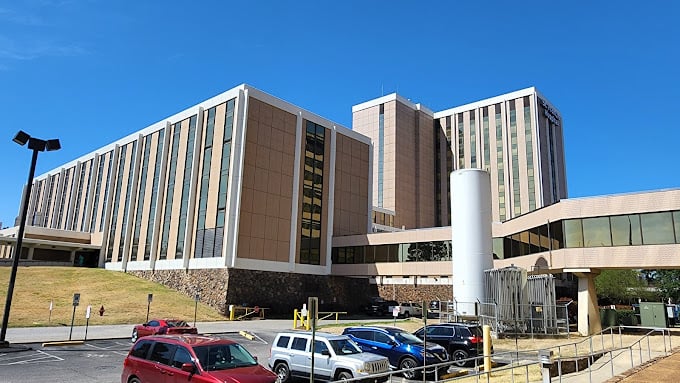
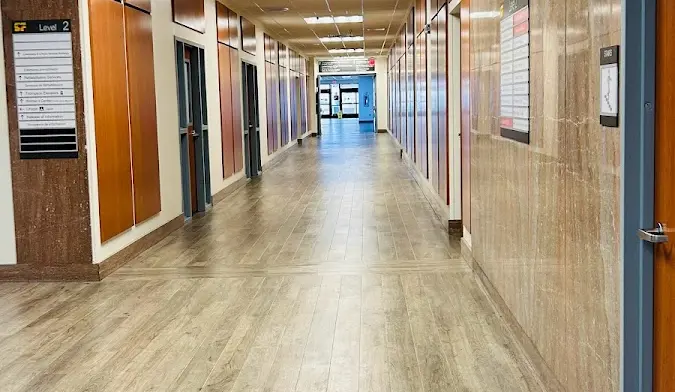
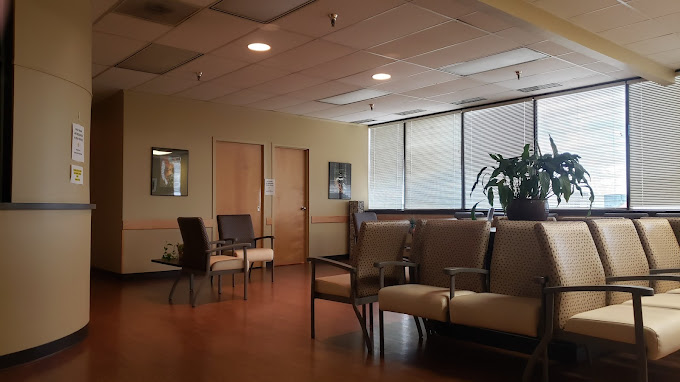
| |
1037 Cresthaven Road
Suite B
Memphis, TN 38119
| Mental Health Resources, located in Memphis, Tennessee is a private alcohol and drug rehab that offers treatment for a variety of substance abuse addictions including alcoholism, co-occurring mental health disorders, and opiate addiction. They offer flexible outpatient addiction therapy allowing patients to live at home while receiving regular trea | Treatments Programs Payment Options | I cant thank Shelia, Olivia, Neil and especially Christy for helping me get back in charge of my life. I didn't know what I needed but I knew I was miserable. After 3 visits Christy was able to identify my issues and concerns. I was put in IOP which I was very hesitant to do but it was such a blessing. The program educated me on anxiety, depression, irrational thinking and much much more. The groups were so helpful and gave me so much insight on not just my issues but helped me understand issues others face. The program is a fine tuned machine that uses every moment there to help their patients. I'm grateful and proud to have had the opportunity to attend IOP and continue therapy at MHR. I use EVERY opportunity to talk about mental health when the situation presents itself since I've been through IOP. It may help just one person get the help they need, without realizing it was needed.
Aaron Duke
2 years ago
Cannot express how much this program has changed my home life for the better. Staff knowledge and experience was amazing. Very professional. The attention from staff and their ability to treat issues as they arise was astounding. Thank you all to the entire staff but Christy Murphy especially.
Valerie Byers
2 years ago
I was mentally in a place where I had done everything I knew to do to but needed help to heal my brokenness. Christy Murphy was the answer to my prayer. She gave me encouragement and tough love in the right mixture to put me back on track.
Joanne Shidler
2 years ago
| 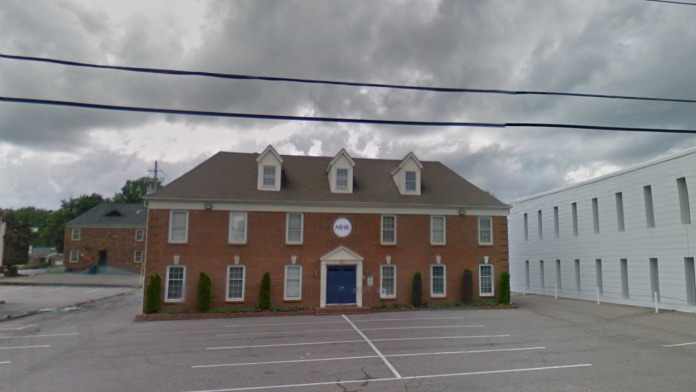
|

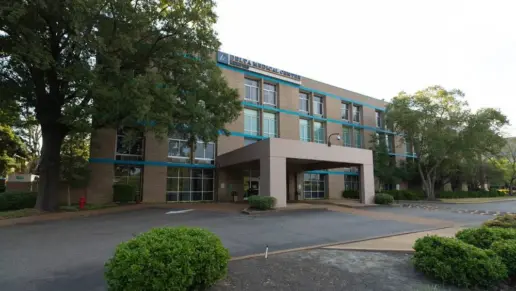 Delta Specialty Hospital
Delta Specialty Hospital
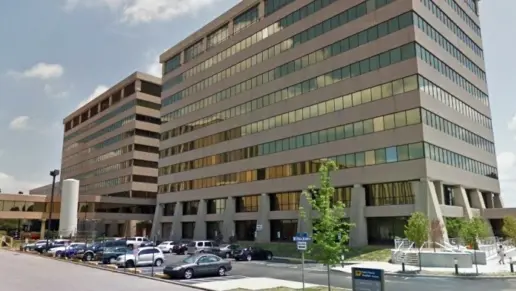 Saint Francis Hospital – Memphis
Saint Francis Hospital – Memphis
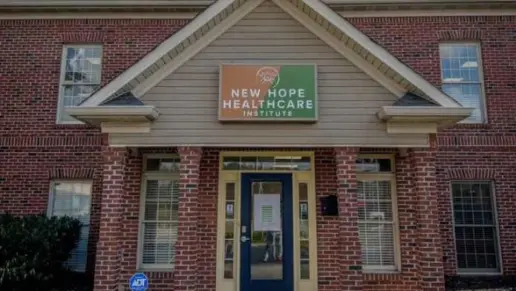 Memphis Alcohol and Drug Help
Memphis Alcohol and Drug Help
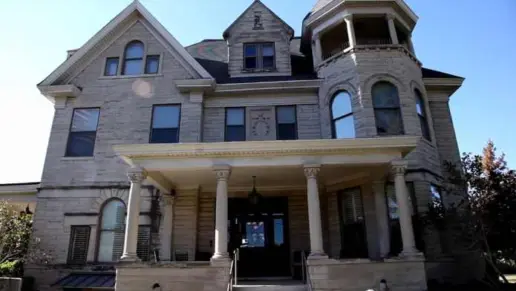 Serenity Recovery Centers
Serenity Recovery Centers
Memphis is the 298th most expensive city nationwide for addiction treatment affordability, with an average cost of addiction treatment of $51859. This is lower than the average cost of $56600 for addiction treatment in Tennessee and lower than the national average cost for drug rehab of $57,193.
The costs of drug and alcohol rehab in Memphis vary widely and depend on several factors, including:
The costs of addiction treatment listed for cities and states are averages based on the cost of medical detox, inpatient rehab, outpatient rehab, and medication assisted treatment. These averages are high due to the cost of medical detoxification and residential inpatient rehab programs.
These numbers also reflect the raw cost of drug rehab, before any insurance coverage. The typical individual seeking addiction treatment can expect to pay much less for outpatient or intensive outpatient services than the averages listed below.There are many ways to pay for drug rehab in Memphis. Most rehab treatment centers accept cash or self-payment, as well as private health insurance. However, there are many treatment centers in Memphis that accept Medicaid and Medicare, or offer sliding scale payments or other low-cost payment options. Here's the complete breakdown of how to pay for addiction treatment near Memphis.
Aetna is the most widely-accepted insurance for drug rehabs in Memphis, with 13 treatment centers in the city accepting their insurance. Blue Cross Blue Shield is the 2nd most popular with 13 treatment centers accepting it followed by Humana in 3rd accepted by 12 drug rehabs.
Memphis has the 340th highest rate of drug use nationwide among nearly 400 cities surveyed. This number reflects the combined use of cocaine, heroin, meth, and marijuana, displayed individually below. The percent shown for each drug represents the number of residents in Shelby county that have reported ever using the following drugs, so these numbers should not be interpreted as direct evidence of current drug use in Memphis or Shelby county as a whole.
In 2023, Memphis had the 7th highest number narcotics violations out of 330 cities nationwide, with a total of 3869 reported drug-related incidents that year. This includes cases of public intoxication, drug arrests, narcotics found during house calls and traffic stops, and any other drug-related crime.
Keep in mind these numbers are dependent on accurate record keeping and reporting laws by local police and sheriffs, and may not fully reflect all drug related crime in Memphis.All values are per 100,000 population.
Source: https://cde.ucr.cjis.gov/LATEST/webapp/#/pages/explorer/crime/crime-trend